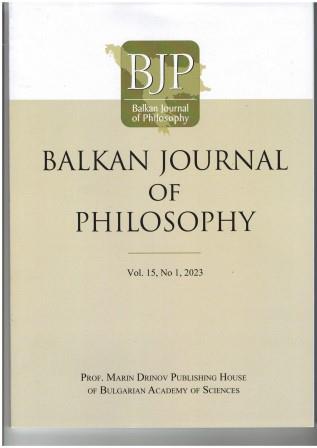Benjamin Constant’s liberal objections to Rousseau in the name of modern liberty
Benjamin Constant’s liberal objections to Rousseau in the name of modern liberty
Author(s): Bainur Yelubayev, Csaba OlaySubject(s): Philosophy, History of Philosophy, Philosophical Traditions, Ethics / Practical Philosophy, Social Philosophy
Published by: Институт по философия и социология при БАН
Keywords: Constant; Rousseau; ancient liberty; modern liberty; popular sovereignty; individual rights.
Summary/Abstract: Benjamin Constant and Jean-Jacques Rousseau were both Swiss-French political thinkers who had a significant influence on the subsequent development of political thought. Constant is known not only as a political philosopher but also as an active politician, who today is considered one of the founding fathers of liberalism. Rousseau, in turn, is considered one of the most controversial thinkers of the Enlightenment, who has been accused of laying the foundation for many revolutionary political movements and repressive regimes. The main objective of this work is to illustrate Benjamin Constant’s liberal objections to the political philosophy of Jean-Jacques Rousseau. First, it is important to focus on Rousseau’s main ideas for the full disclosure of the topic. Likewise, it is also crucial to take into account the historical context, which will be useful for understanding the motives for the formation of Constant’s liberal views. Thus, in the first part of the work, we will briefly consider the main concepts developed by Rousseau in his book, The Social Contract, such as popular sovereignty, the state of nature, and direct democracy. In the second part, we will analyze the main political concepts of Constant and his critique of Rousseau, based on his books The Liberty of the Ancients Compared with that of the Moderns and Principles of Politics Applicable to All Governments.
Journal: Balkan Journal of Philosophy
- Issue Year: XV/2023
- Issue No: 2
- Page Range: 101-106
- Page Count: 6
- Language: English

